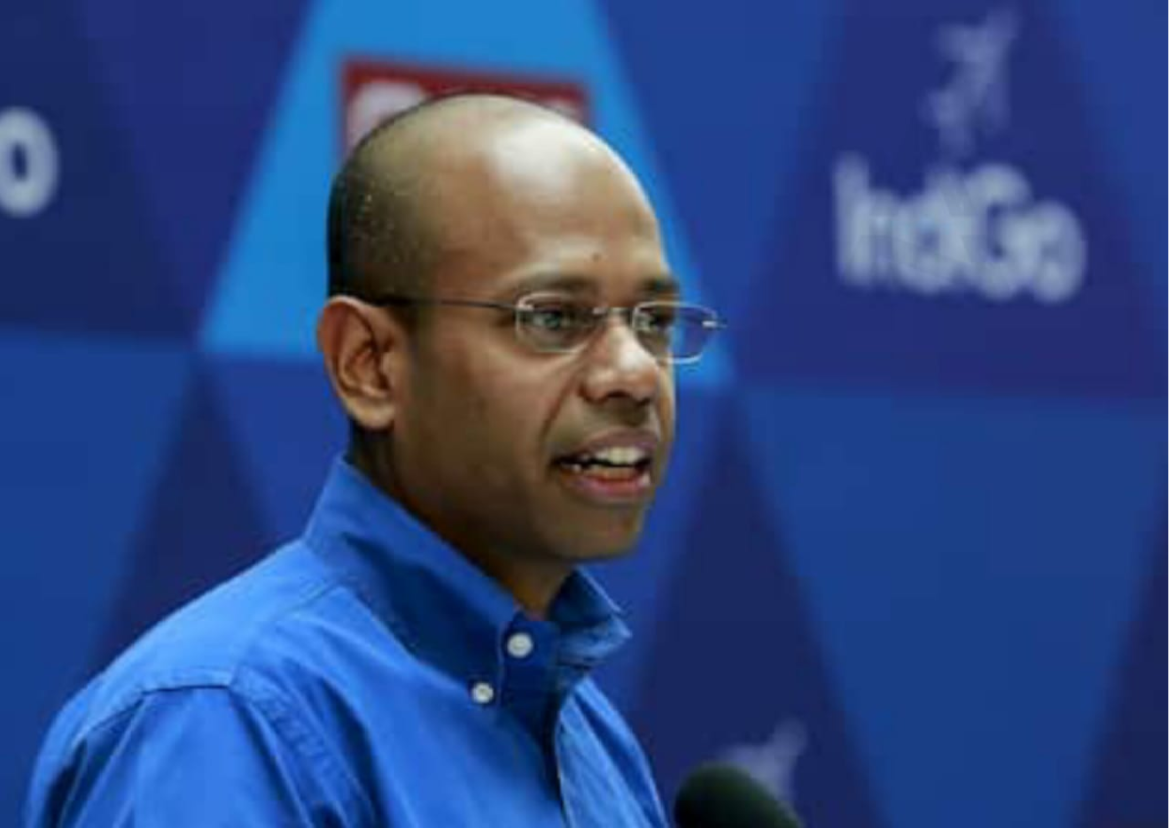In recent years, the Indian aviation sector has been navigating a tumultuous landscape, marked by significant challenges and uncertainties. This environment has led to widespread concerns regarding the overall viability of the industry. However, according to the co-founder of Akasa Air, the prevailing narrative that suggests a failing aviation industry is misleading. While turbulence and operational difficulties do exist, particularly within specific airlines, the Indian aviation sector as a whole is far from failing. Instead, it remains robust, resilient, and poised for further growth.
The Indian aviation industry has experienced unprecedented growth over the last decade, fueled by a confluence of factors. The rising middle class, increased disposable incomes, and a growing preference for air travel have collectively driven demand for aviation services. The government’s push for economic reforms, along with initiatives aimed at enhancing connectivity, has further bolstered the sector’s growth. Following the profound impact of the COVID-19 pandemic, which brought air travel to a standstill worldwide, the Indian aviation sector has demonstrated remarkable resilience in its recovery. The co-founder of Akasa Air emphasizes that the recovery trajectory has been promising, with passenger traffic steadily increasing and airlines ramping up operations to meet the renewed demand.
However, while the overall picture may be optimistic, it is crucial to recognize that not all airlines are weathering the storm equally. Some airlines are indeed grappling with significant challenges, which have contributed to a perception of instability within the sector. Financial instability, operational inefficiencies, and difficulties in maintaining competitive pricing have plagued certain carriers, leading to concerns about their long-term sustainability. The co-founder highlights that this turbulence is not indicative of a systemic failure within the industry; rather, it underscores the importance of effective management and strategic operational frameworks for individual airlines. The struggles of certain carriers should not overshadow the overall health of the aviation sector, which continues to attract investment and new entrants.
The future of the Indian aviation sector holds significant growth potential, which the co-founder of Akasa firmly believes in. With the government’s focus on improving infrastructure, expanding regional connectivity, and enhancing the overall passenger experience, the foundation for sustained growth is being laid. Initiatives such as the UDAN (Ude Desh ka Aam Naagrik) scheme aim to make air travel accessible to a larger population, thereby stimulating demand and encouraging the growth of new airlines. The emergence of new players like Akasa Air, which adopts fresh strategies and innovative approaches to cater to the evolving needs of travelers, is indicative of a healthy and competitive market. This influx of new carriers is likely to enhance competition, drive improvements across the sector, and ultimately benefit consumers.
Regulatory support and infrastructure development play critical roles in fostering a stable and competitive aviation environment. The co-founder emphasizes that continued collaboration between the government and the aviation sector is vital to address challenges and capitalize on opportunities. Streamlining regulatory processes, reducing taxes, and investing in airport infrastructure are essential for ensuring that airlines can operate efficiently and profitably. By creating a conducive environment for growth, stakeholders can help ensure the long-term sustainability of the industry.
In conclusion, the narrative that suggests the Indian aviation industry is failing is overly simplistic and does not accurately capture the complexities and nuances within the sector. While specific airlines may be facing challenges and turbulence, the industry as a whole is resilient and well-positioned for growth. The commitment to innovation, effective management, and supportive regulatory frameworks will enable Indian aviation to continue soaring, providing vital connectivity and contributing to the country’s economic development. The future remains bright for those willing to adapt and thrive in this dynamic landscape, reinforcing the idea that Indian aviation is not failing; rather, it is evolving.

